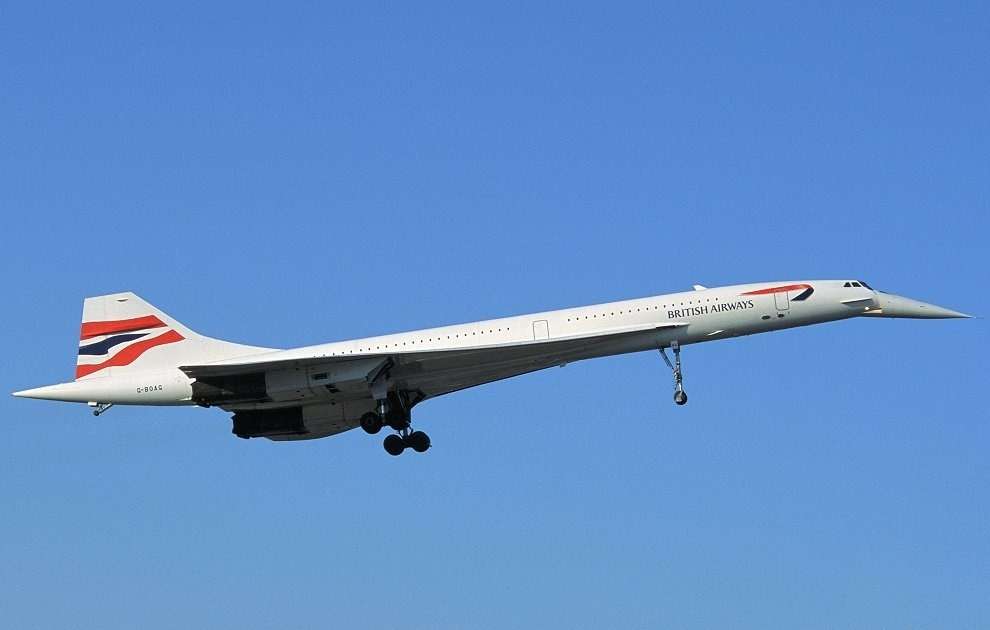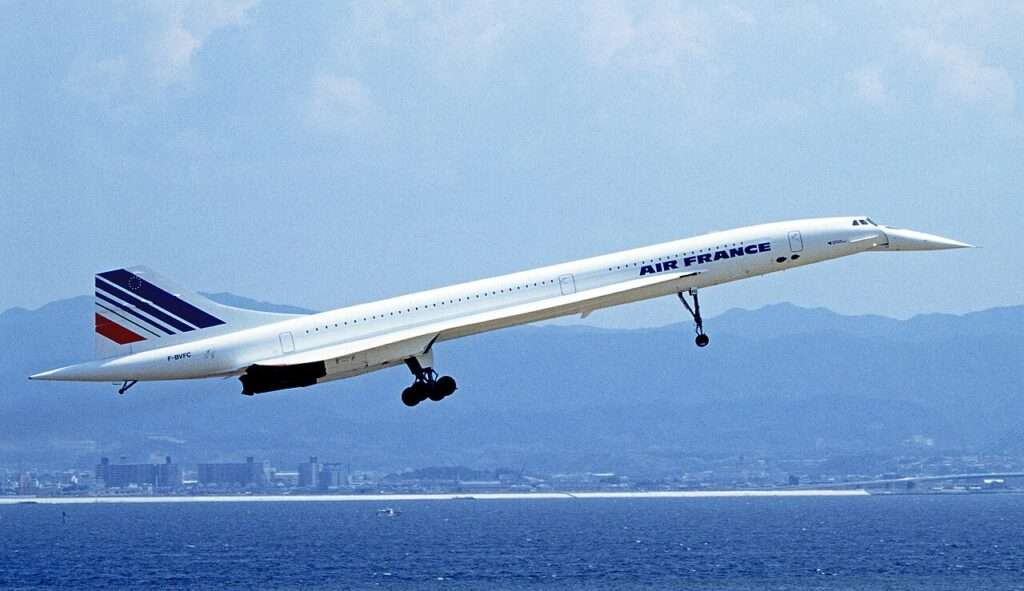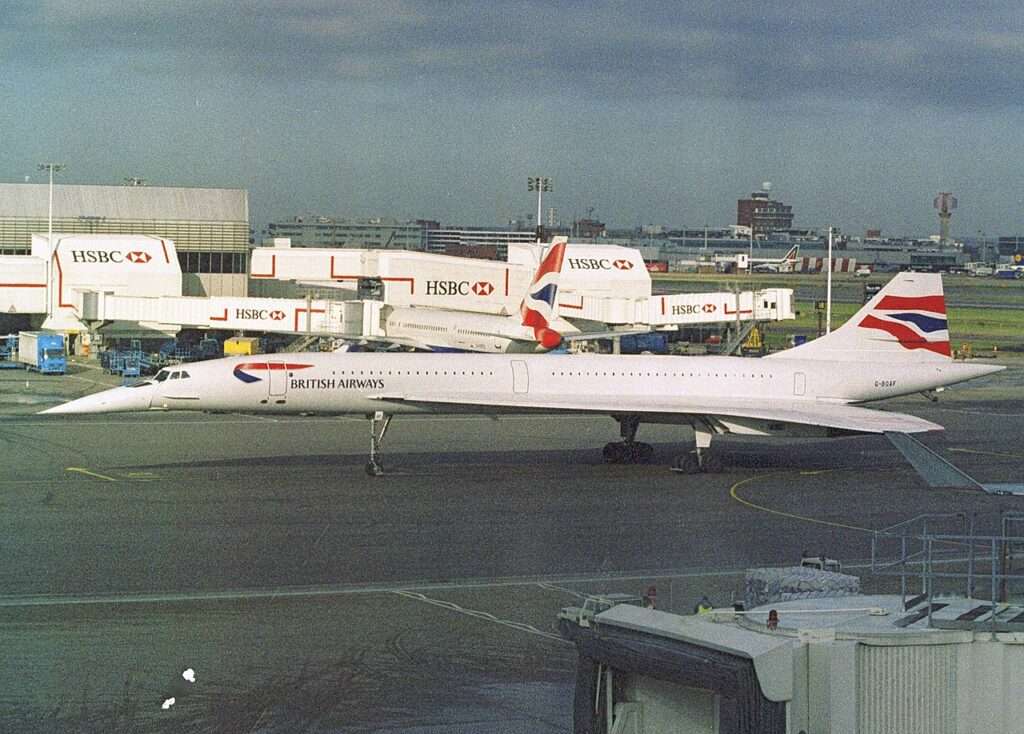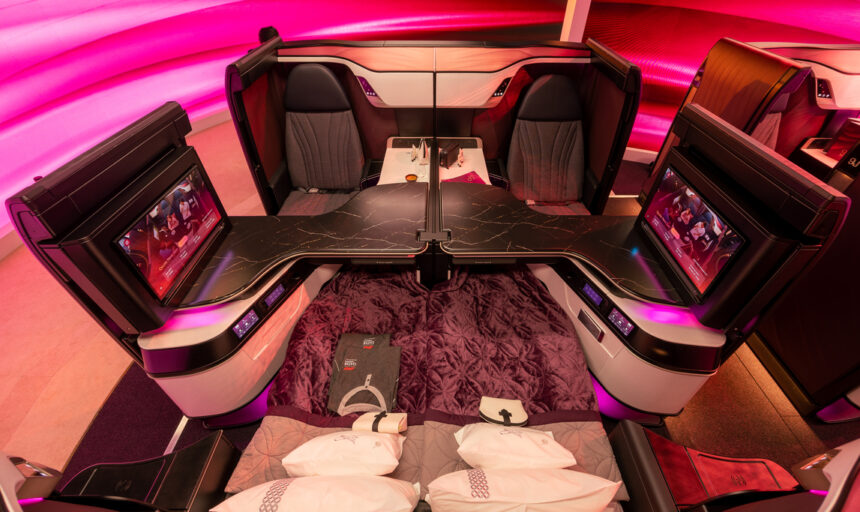To wrap up the history mini-series on Concorde, we ask the following question: What were the consequences to the airline industry on this?
This piece will look at whether there were any consequences, or whether the airline industry was going to thrive just fine without this supersonic marvel.
Without further ado, let’s get into it…
The Speed Element of Concorde…

The speed element of Concorde was what made it stand out from the rest of the competition at that time.
And that is why initially, so many airlines made orders for the jet (Although a lot of them cancelled, leaving just British Airways and Air France in the mix).
Concorde was able to go up to speeds of Mach 2.02, which enabled services from London to New York in three and a half hours, which favoured businessmen who needed to attend meetings overseas by departing in the morning and being back home in London by lunchtime and vice versa.
Even for services further afield, what would take around 10 or 11 hours to get to a certain destination, would take anywhere between 5-7 hours. So at that time, passengers wanted that convenience of spending less time on a plane and more time on holiday.
Luxury Was More of a Priority?

As explained in the previous parts of this mini-series, it became abundantly clear to airlines such as British Airways & Air France that they could make more money offering more luxury first-class products on sub-sonic aircraft than they could on Concorde.
This would have ultimately intensified the race to having the best luxury and premium products in the skies, which would have distracted the passenger’s feel for a long-haul flight with better seats, meals, entertainment and more.
As explained by Dave Hall of The Guardian, he did very much hit the notion on the head about Concorde’s lack thereof of distinguishing qualities compared to the conventional passenger jetliner:
“Concorde was an outdated notion of prestige that left sheer speed the only luxury of supersonic travel”.
[monsterinsights_popular_posts_inline]
Were There Any Consequences to Concorde’s Exit?

Were there any consequences to Concorde’s exit? Yes, but they may be overarched by the above points in this piece.
The fact that this marvel of aviation engineering enabled connectivity to the world on a far quicker scale than say the Boeing 747 contributed to the revolution that was going on in the skies.
Amongst enthusiasts, seeing an airplane like Concorde in the skies would have been a sight to see, and we don’t really get aircraft like that anymore that would blow you away.
As Concorde retired from commercial service, the industry adapted, and they did it well. The focus towards luxury superseded anyone’s need of wanting to get from A to B in nearly half the time that it would take on a normal long-haul jet. And that is the important point to take from this.
Overall: Looking to the Future…

Looking ahead, the era of supersonic travel did come to an end in 2003, but the end of this decade looks very promising through the introduction of BOOM Supersonic’s Overture.
However, if you take them out of the equation, you will be able to see across these five pieces that Concorde represented a mega age in air travel, and completely revolutionised the way that people travelled between 1976 and 2003.
However, as we look into the future, hopefully we can get something like the Overture program in the air so then that era of supersonic travel only represented a pause, but a new continuation in the way we travel and fly.

Click the banner to subscribe to our weekly newsleter.









